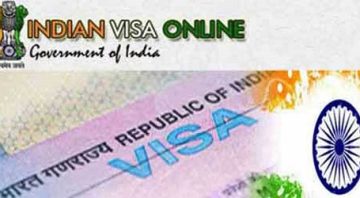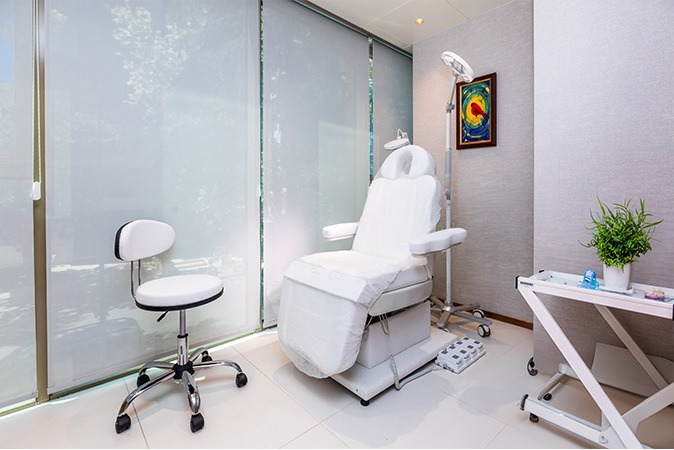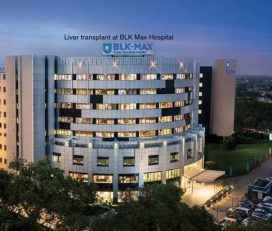Best Hospitals for Kidney transplant in Nepal:
It is crucial to check at the availability of reputable hospitals when choosing a location for a challenging procedure like a kidney transplant. In terms of kidney transplantation, Nepal boasts some of the best medical facilities in the world. The following are a few of the top medical facilities offering kidney transplant surgery:
Shahid Dharmabhakta National Transplant Center (SDNTC) Kathmandu, Nepal:
One of the most well-known organisations in medicine that has worked in the area of organ transplantation is the SDNTC. The SDNTC has a distinguished reputation among successful medical facilities being the first medical facility in Nepal to successfully complete a kidney transplant procedure.
At: Bhaktapur 44800, Nepal
Tribhuvan University Teaching Hospital, Mahargunj (TUTH) Kathmandu Nepal:
TUTH is one of the most reputed medical institutions in Nepal which is operated by the government of Nepal. Among various other facilities, the teaching hospital hosts number of experienced professionals in the field of kidney diseases.
At: Maharajgunj Rd, Kathmandu 44600, Nepal
The National Kidney Center, Nepal:
The National Kidney Center of Nepal has successfully catered to patients looking for getting kidney transplant surgery. With a team of expert surgeons with years of experience in the field, the National Kidney Center is one of the best options for availing kidney transplant in Nepal.
At: Bhairab Bhawan, Ring Rd, Kathmandu 44600, Nepal
Bir Hospital, Mahabouddh, Kathmandu, Nepal:
The Bir Hospital is among the oldest and most reputed medical facilities in Nepal which has a well-established department for the treatment of kidney diseases.
At: Kanti Path, Kathmandu 44600, Nepal
Norvic International Hospital, Kathmandu, Nepal:
The Norvic International Hospital has well-equipped machinery and testing facilities in all departments of the hospital and hosts some of the most talented surgeons in the country which makes it a viable option for availing the surgery.
At: Kathmandu 44617, Nepal
KIST Medical College Teaching Hospital:
The KIST medical college and Teaching Hospital has established its reputation as one of the best and reliable options for availing kidney transplant in Nepal by successfully performing numerous transplant procedures.
At: KIST Hospital Road, Lalitpur, 44700, Nepal
These well-established medical institutions and hospitals in Nepal have supreme facilities and post and pre-op care for patients looking to get a kidney transplant operation.











